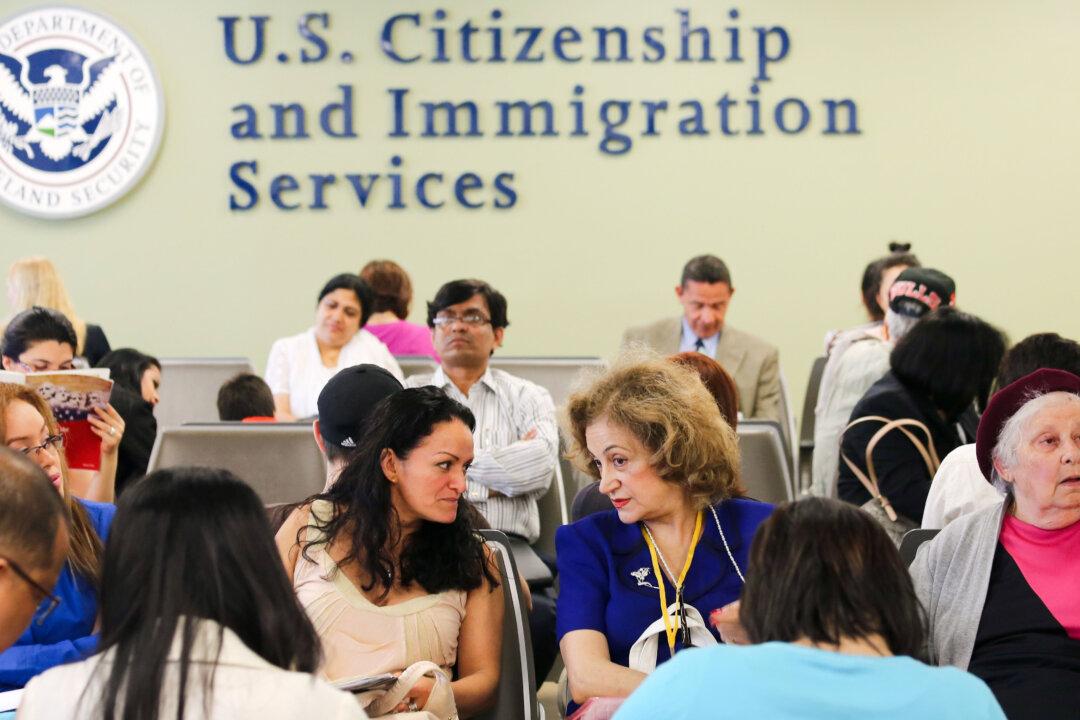The Department of Homeland Security (DHS) has announced a rule change on who can apply for a H-1B work visa, a key U.S. visa program that employs foreign workers in specialty occupations generally requiring a college degree.
A number of major U.S. technology companies use H-1B visas to find people to work jobs that are deemed hard to fill, namely in science, technology, engineering, and math.





